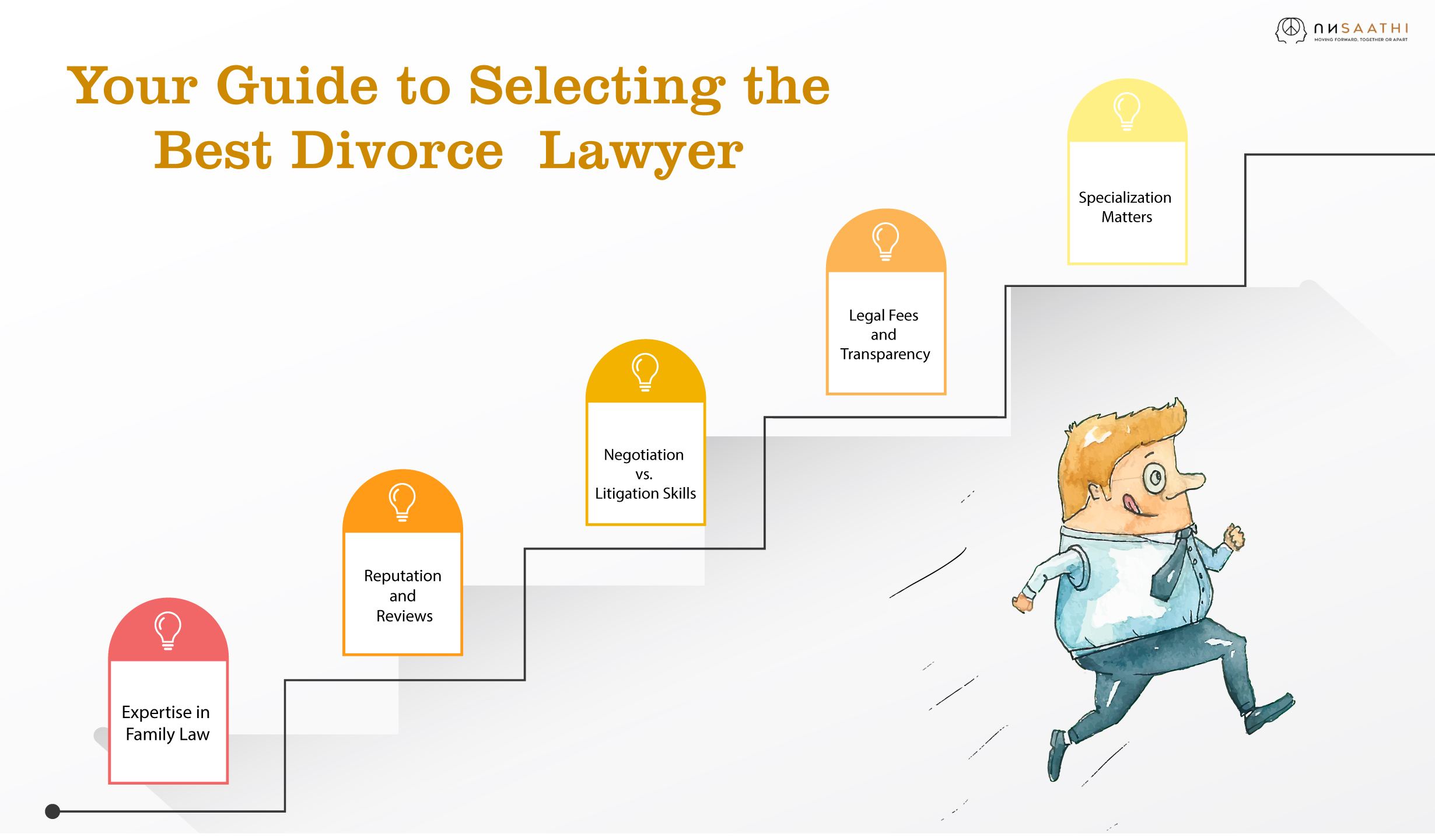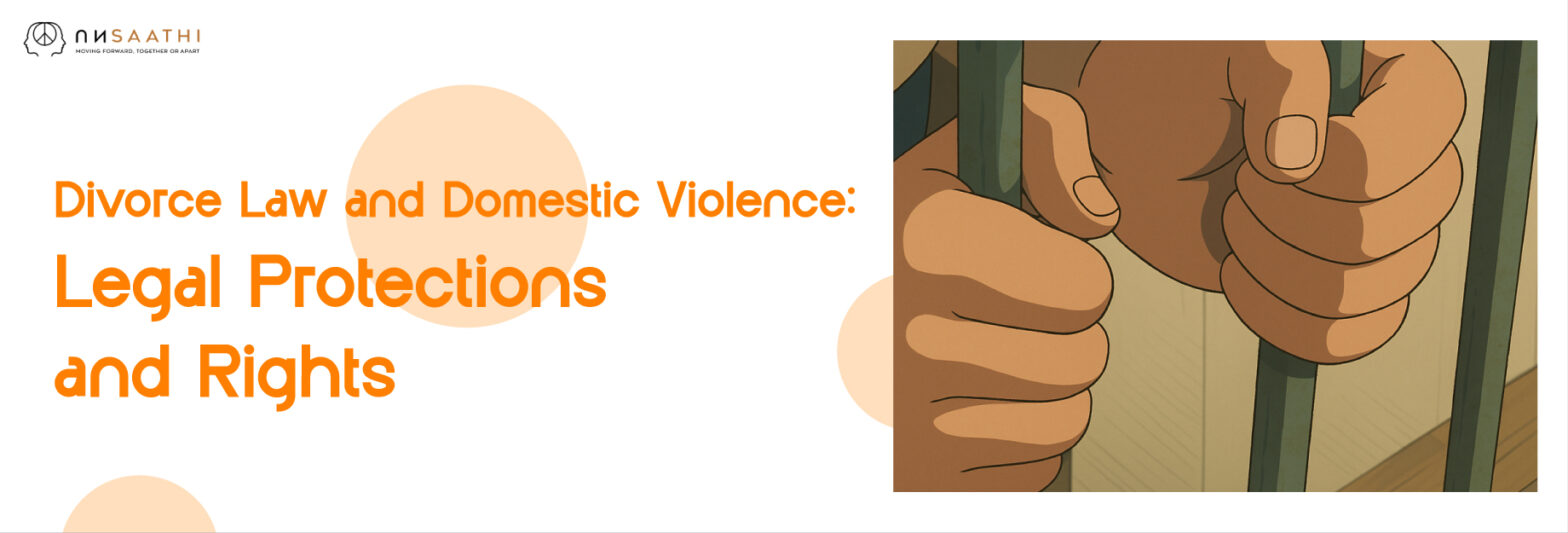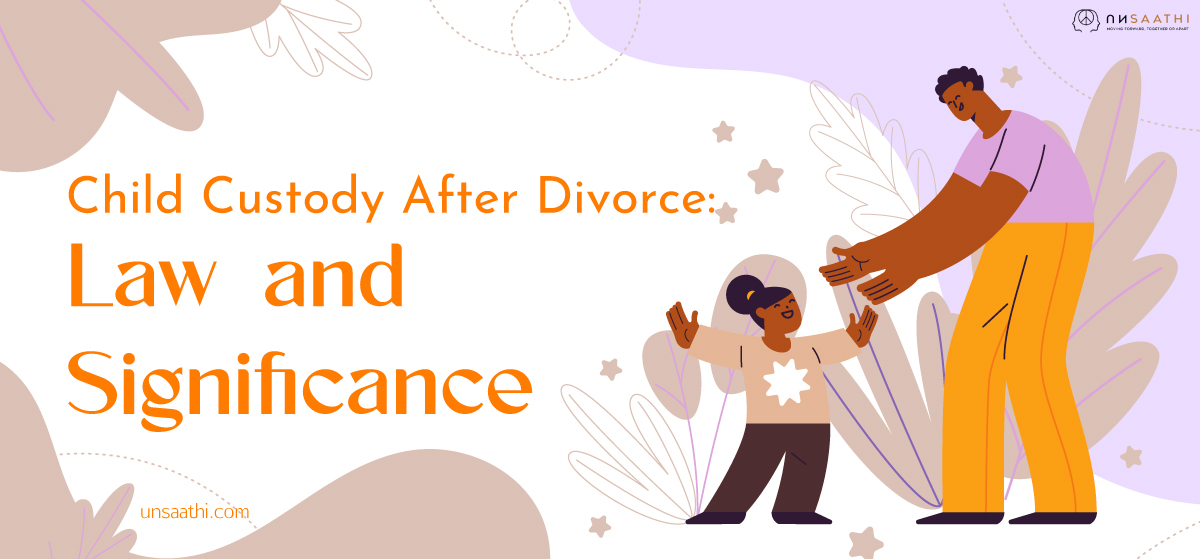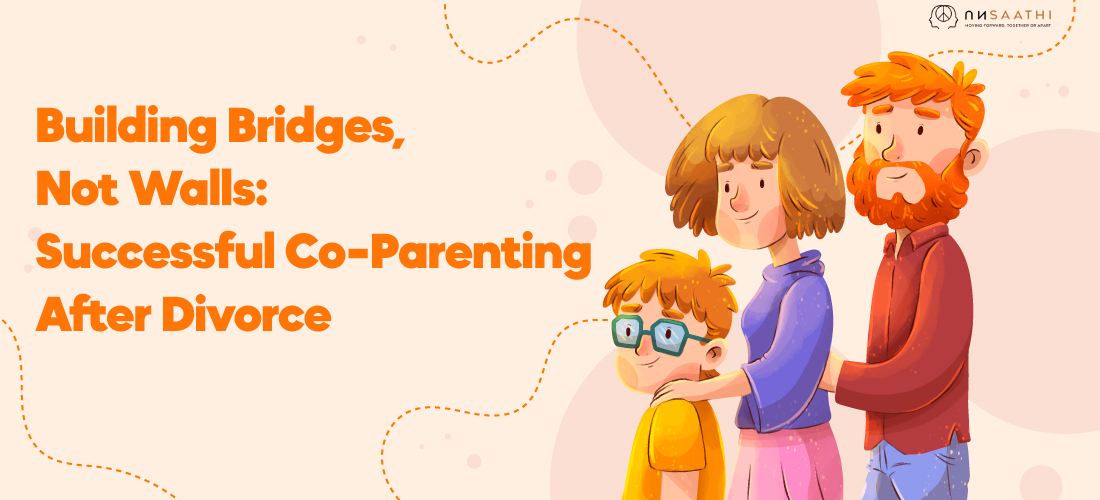The Role of a Divorce Lawyer: How They Can Protect Your Legal Interests

It has been accepted for publication in the divorce process of family law. Divorce is a complex, emotional, legal, financial, and personal process. There are many differences between a mutual separation and a contested divorce. An experienced divorce lawyer offers legal advice, negotiates settlements, and represents clients in court, assisting them in navigating the legal complexities of ending a marriage.
In this article, we’ll consider the role of a divorce lawyer and how they can protect your legal interests.
Understanding the Power of a Divorce Lawyer: As the name implies, a divorce lawyer specializes in family law and helps clients manage the legal formalities of a marriage dissolution. They are responsible for all the legalities. Also, a good divorce attorney makes these ugly divorces a bit better. Here is how a divorce lawyer can make divorces easy for you:
Explaining the Legalities: A divorce lawyer answers questions and explains each spouse’s rights and legal duties. They handle the legal work of petitions, responses, and settlement agreements. Further, they advocate for clients in negotiations, mediation, or litigation.
Ensuring equitable distribution of assets and liabilities.
They address matters of child custody, spousal support, and alimony. They also provide emotional support and assistance with the legal process. Further, they help you comply with state and federal divorce laws.
Divorce Proceedings for Legal Protection: When two people end their marriage, divorce proceedings can be complex, especially if there is a dispute about who gets what, custody of children, and who will support whom financially. This is why a divorce lawyer ensures clients take them the way they are; the law won’t be violated.
Asset Division and Financial Protection: One of the most controversial parts of divorce is how assets and debts are divided. Divorce Lawyers help clients separate assets into marital and non-marital assets. The process also includes equitable distribution of community property (depending on the applicable laws) and equitable division under such rules.
Work out terms of spousal support/alimony: The lawyer helps to comprehend the effects of joint debts and liabilities. You have been trained to consider the tax consequences of asset division and financial settlements. Further, they also help to protect your retirement accounts and investments in the divorce.
In high-net-worth divorces, the division of assets can be even more complicated and often involves forensic accounting and financial experts to assess properties, businesses, and overseas accounts. An attorney ensures that their client is not taken advantage of financially.
Child Custody and Support Matters: Child custody is usually the most emotionally charged aspect of divorce for both parents and children. An essential role of a divorce attorney ranges from advocating for the child to establishing equitable custody (joint or sole custody). The lawyer also helps calculate fair child support payments and adjust custody or support when circumstances change.
Defending Parents’ Rights: Divorce lawyers are crucial in helping arrange visitation schedules and co-parenting arrangements. If a parent is non-compliant, they may enforce child support orders. Every religion has its own provisions for determining custody and calculating support based on variables like parents’ income, living arrangements, and the child’s needs. A divorce attorney helps to ensure that such factors are considered in court decisions or agreements reached between the parties.
Spousal Support and Alimony: Alimony or spousal support is one of the most critical components of a divorce. A divorce lawyer determines whether alimony is appropriate and also helps negotiate the terms and length of payments. If any dispute arises, the lawyer represents clients in court regarding the terms of alimony. Further, they review the financial needs of the spouse seeking support. They help you to achieve equitable settlements according to the duration of your marriage and lifestyle.
Spousal support laws differ by religions and communities, and temporary, rehabilitative, or permanent support might be available. A lawyer guarantees that alimony payments are fair and appropriate to both parties’ requirements.
Legal Representation in Court: In litigated cases, however, divorces may not be settled outside of court. A divorce lawyer provides evidence and arguments for their client.
Disputes false allegations by the other side: It helps to ensure the legality of the proceedings and judgments. Conducts cross-examinations of witnesses and expert testimony as needed.
Gears up for appeals in case of an adverse decision: If you are seeking a positive outcome — especially in the case of a domestic violence charge, concealed assets or contested child custody — having an attorney with experience before the courts can be invaluable.
Advertisements Mediation and Alternative Dispute Resolution (ADR):
Divorce lawyers also assist in negotiating and alternative dispute resolution methods (mediation) to agree on a settlement. Mediation can help you in less fighting and triggering of emotion.
Expedite the divorce process: With the help of a divorce lawyer, you can reduce legal costs and court involvement. They also help the parents to curate cooperative co-parenting agreements. They also offer a neutral space where sensitive topics can be discussed.
If partners are fighting over settlement terms by law, many courts urge mediation before suits are filed and a protracted courtroom war ensues. Through mediation, a lawyer provides guidance to a client, protecting their legal rights.
Preventing domestic violence: A Divorce Lawyer is essential for an abused or domestic violence victim. They assist them in filing restraining orders and protective orders. Additionally, they help you with emergency child custody arrangements. They also put forward a calling for safe housing and financial support. They also guide victims towards brief safety from abusive spouses.
Selecting the Right Divorce Lawyer
Finding a skilled divorce attorney is essential to ensure the best possible outcome. Factors to consider are as follows:
Expertise in Family Law: It is crucial to select a divorce attorney who focuses on family law and has many years of experience handling such cases.
Reputation and Reviews: Checking for clients’ reviews, online ratings, and recommendations from friends or colleagues will help you find your match. For a strong case, it is essential to communicate effectively with your divorce lawyer.
Negotiation vs. Litigation Skills: If your divorce needs to be negotiated, make sure that your divorce lawyer is a good negotiator. If it needs to be litigated, hire a good trial lawyer.
Specialization Matters: If your case involves high assets, child custody disputes or overseas legal issues, ensure the lawyer has the expertise to handle it.
Legal Fees and Transparency: Discuss potential costs at the outset and ensure the lawyer provides clear information about billing and expenses.
Compatibility And Trust: Divorce is very personal, so it’s essential to find a lawyer with whom you are comfortable and who you can trust.
You might find it beneficial to consult with multiple lawyers to see if they are a good fit based on your legal needs and personal situation.
Myths of Divorce Lawyers: Do Not Believe Them!
There are several misconceptions about divorce lawyers. Some common myths include:
Divorce attorneys always push for litigation: In real life, lawyers typically work toward amicable resolutions to save time, stress and money.
Divorces would become expensive: This means that the divorce is going to cost me a lot of money. Though legal fees can be significant, having your own attorney avoids costly mistakes and aids in securing a fair settlement.
No Divorce lawyer in Mutual Divorce: In uncontested divorces, legal counsel helps ensure that any agreements will be legally enforceable.
Divorce attorneys only want to win. Ethical attorneys always seek to put their client’s needs above everything else, especially when children are involved in custody disputes.
Conclusion
Going through a divorce is difficult, and the right divorce lawyer can provide guidance while making certain your legal rights and interests are protected. Whether enforcing or fighting asset division, securing child custody, dealing with alimony, or fighting in court, an experienced attorney will make all the difference in the world in the outcome.
A divorce lawyer is more than just a legal professional navigating the complexities of disconnecting a married couple; they also work to provide emotional confidence and security, developing a strategic plan to ensure protection over the long term. If you are going through a divorce, having legal assistance early on in the process will allow you to have a secure and equitable divorce settlement. The right kind of legal assistance can make a real difference for you when it comes to your future after divorce, financial protection, parental rights, and more.




